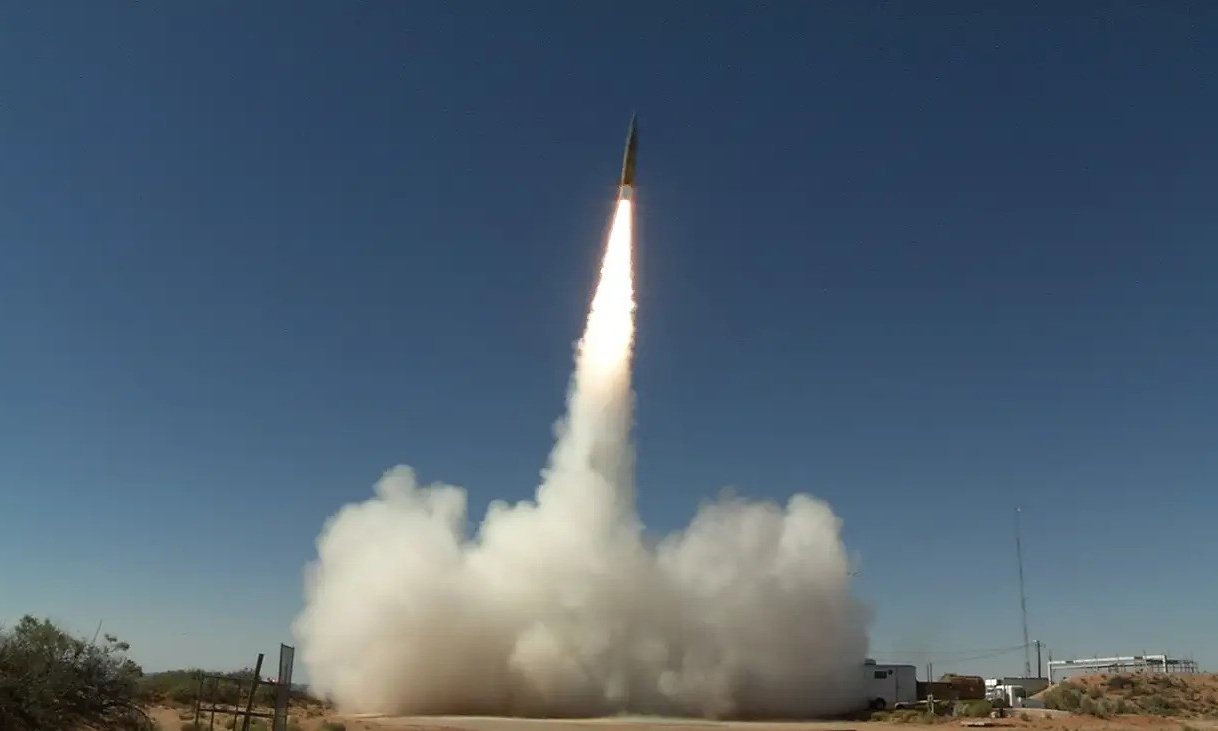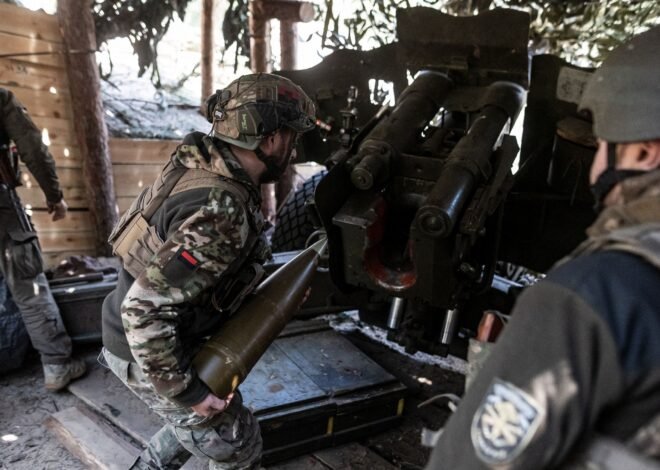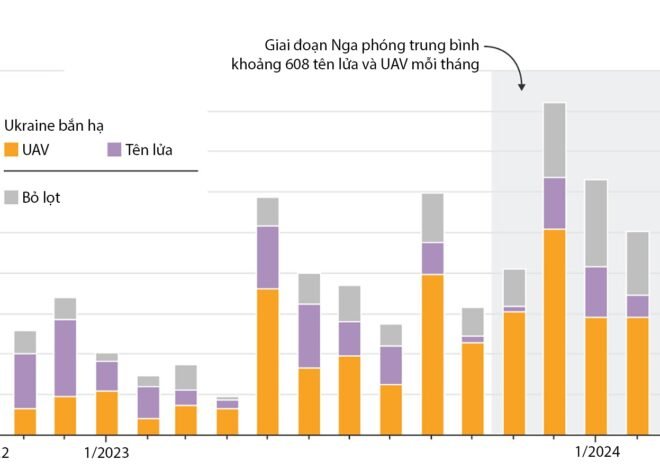
The US and Japan cooperate to deal with hypersonic weapons
The US and Japan have `completed an agreement on the Cooperative Development Project of Glimmer Interception (GPI)`, the US Department of Defense announced on May 15.
The US Missile Defense Agency (MDA), part of the Department of Defense, is the project’s lead unit, while the Japanese side is in charge of developing the rocket engine and propulsion components.
`GPI will provide regional defense capabilities within the framework of a multi-layered comprehensive defense structure. GPI is co-developed on the basis of the long-term Japan-US missile defense cooperation relationship and will contribute to
The agreement is the result of more than a year of negotiations between the US and Japan.
Short-range ballistic missile Saber was fired to test the interception capabilities of the Patriot system in New Mexico state, USA in June 2017.
Hypersonic weapons have a minimum speed of Mach 5 (6,174 km/h), including two main types: cruise missiles that use scramjet engines to move at high speeds and hypersonic glide vehicles (
The HGV warhead then separates from the missile and glides at supersonic speeds before diving down to the target at extremely high speed.
Chris Panella, Business Insider commentator, commented that both the US and Japan currently do not have the ability to deal with hypersonic weapons and GPI may help change this.
`Washington’s air defense systems will have many difficulties in dealing with hypersonic weapons such as China’s DF-17 equipped with HGVs or Russia’s Zircon hypersonic cruise missile using scramjet engines.`
The Ukrainian military’s electronic portal at the end of March announced that the country’s air defense had intercepted two Zircon missiles in Kiev, but the information has not been verified.

The Russian corvette launched a Zircon missile in a test in May 2022.
Washington and Tokyo announced cooperation in developing GPI in the context of China’s increasing missile launch capabilities.
China and Russia’s recent promotion of cooperation and North Korea’s push to develop hypersonic missiles also caused US intelligence to reassess national defense capabilities to take countermeasures.
John Moolenaar, chairman of the US-China competition committee of the US House of Representatives, on May 8 warned that the country’s military bases in the Indo-Pacific currently do not have enough active defense systems.


